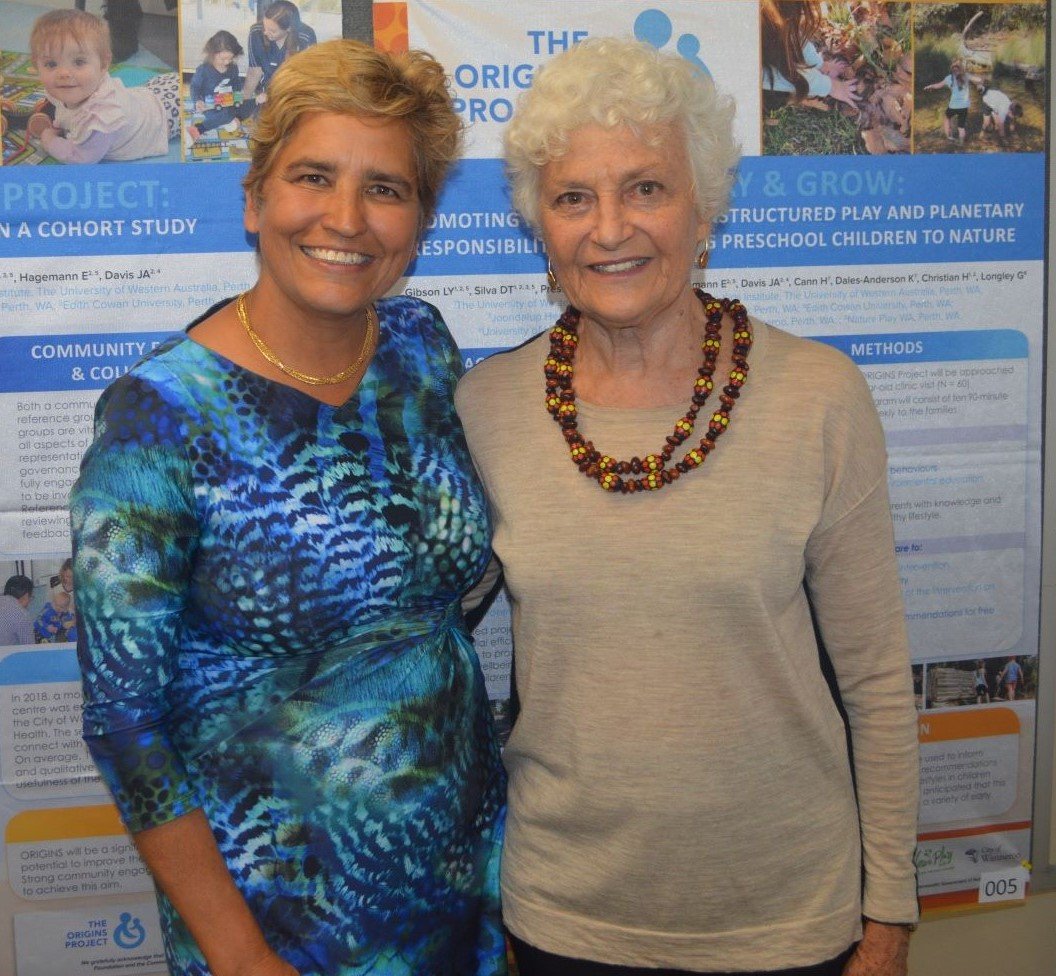Collaboration with ORIGINS provides numerous advantages and benefits for researchers.
The ORIGINS cohort (currently more than 7,500 families) is generally representative of the Australian population of young families.
Through the ORIGINS research platform, researchers have the opportunity to access multiple longitudinal data sets, linked data, as well as the ability to embed novel interventions and clinical trials in an established cohort with existing infrastructure and resources.
The ORIGINS research platform has international significance. Collaboration with ORIGINS provides access to a community of multidisciplinary researchers, health professionals, clinicians, and consumers locally, nationally, and internationally.
Researchers may seek access to:
- Use of cohort, to implement a new clinical trial, intervention, or observational study.
- Use of cohort, to collect new data (biological information, and/or participant information).
- Use of existing data (biological information, and/or participant information).
- Data linkage.
Enable your research
The novel aspect of ORIGINS is that it is fully integrated into the clinical and diagnostic services, led by a strong cohesive vision of Joondalup Health Campus Executive and Department Heads, across both public and private sectors. Clinicians (including midwives and laboratory staff) conduct research appointments in addition to clinical duties, promoting a research culture.
ORIGINS is focused on translational research and improving the health of the next generation through early intervention. In addition to observational data, ORIGINS provides a framework for intervention studies and nested clinical trials, known as sub-projects, within the main cohort (each to be funded separately). Strategic integration and coordination streamlines the recruitment processes and generates greater economies of scale. An important aspect to this approach is the ability to translate research findings into clinical practice, and to inform policy changes, where appropriate.
Examples of the novel research questions under investigation within ORIGINS:
- Does a high fibre diet in pregnancy prevent allergies in children?
- Can we determine cognitive development in the first few weeks of life?
- How is screen time affecting our children’s development?
Review and download our Research Proposal Form
Available Data and Biological Samples
ORIGINS incorporates a strong emphasis on sustainability and the project is building a large repository of biological and lifestyle data not otherwise available to researchers in Australia.
The ORIGINS Biobank: ORIGINS is aiming to collect biological samples from 10,000 participant children and their families at 10 timepoints between the time of pregnancy and the child turning five years of age. Currently the Biobank has more than 300,000 samples.
The ORIGINS Databank: ORIGINS is collecting physiological, biological and clinical data from the mother, partner/father and child at numerous points to track development and change. Currently the Databank has more than 13 million data points.

